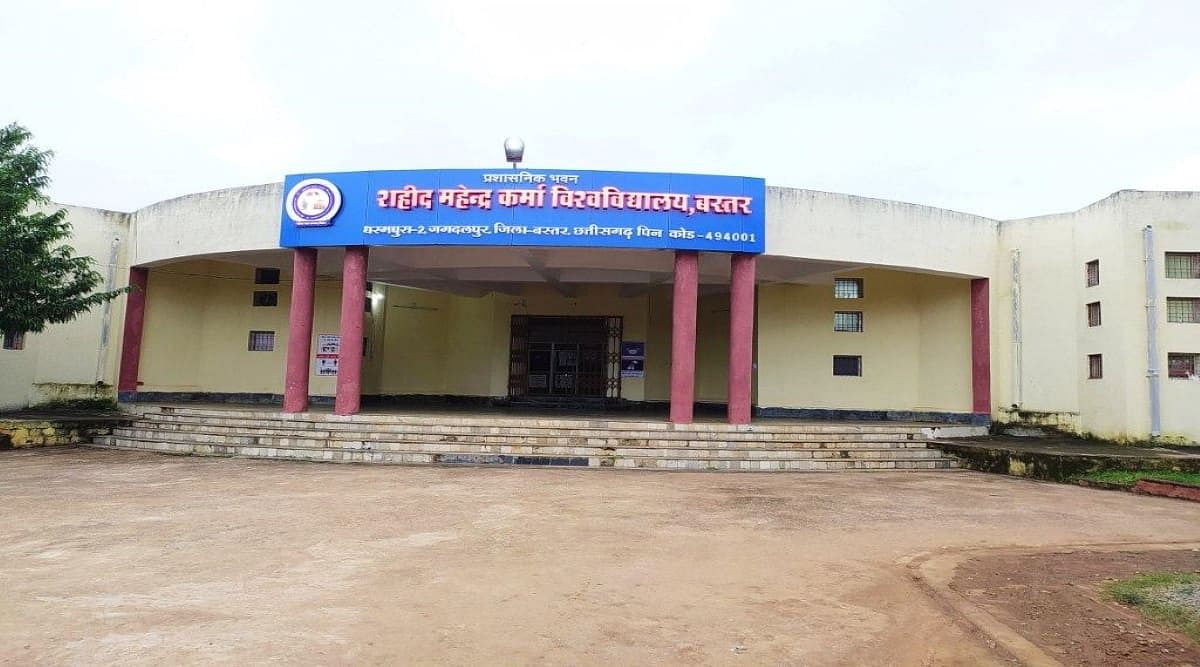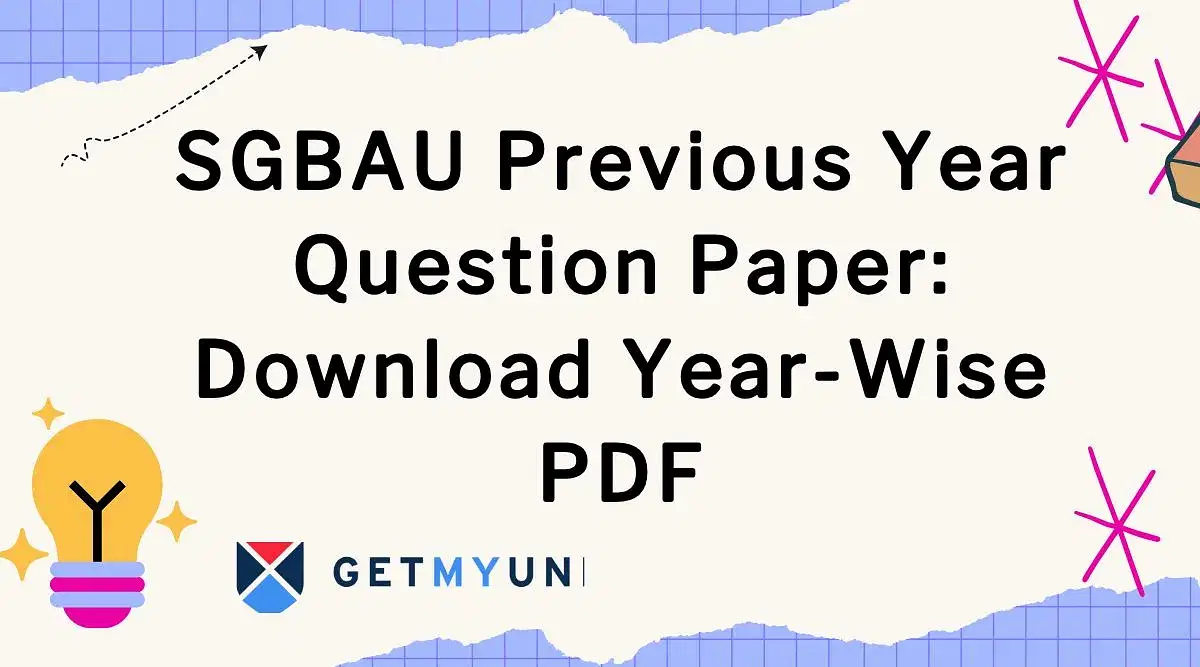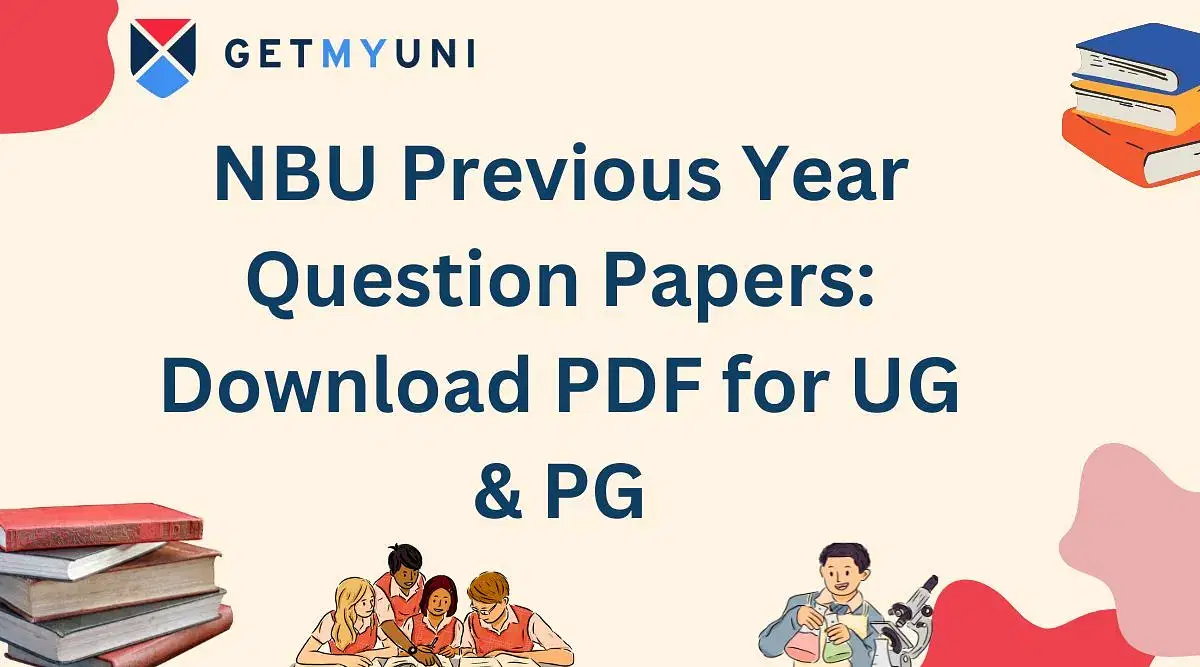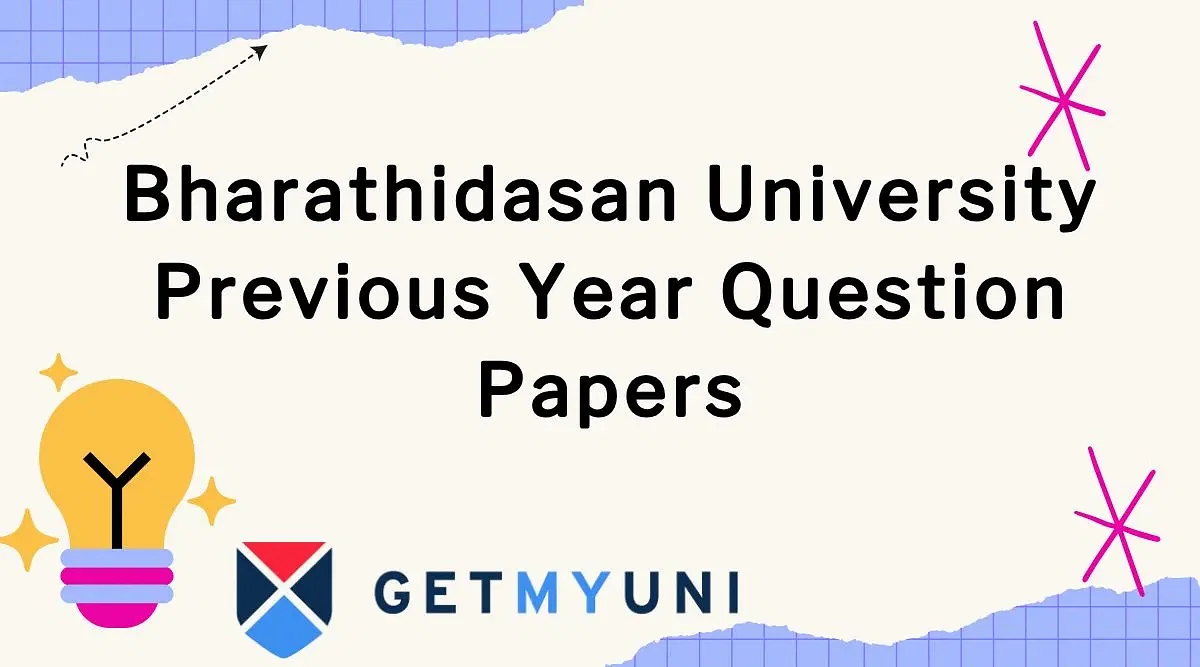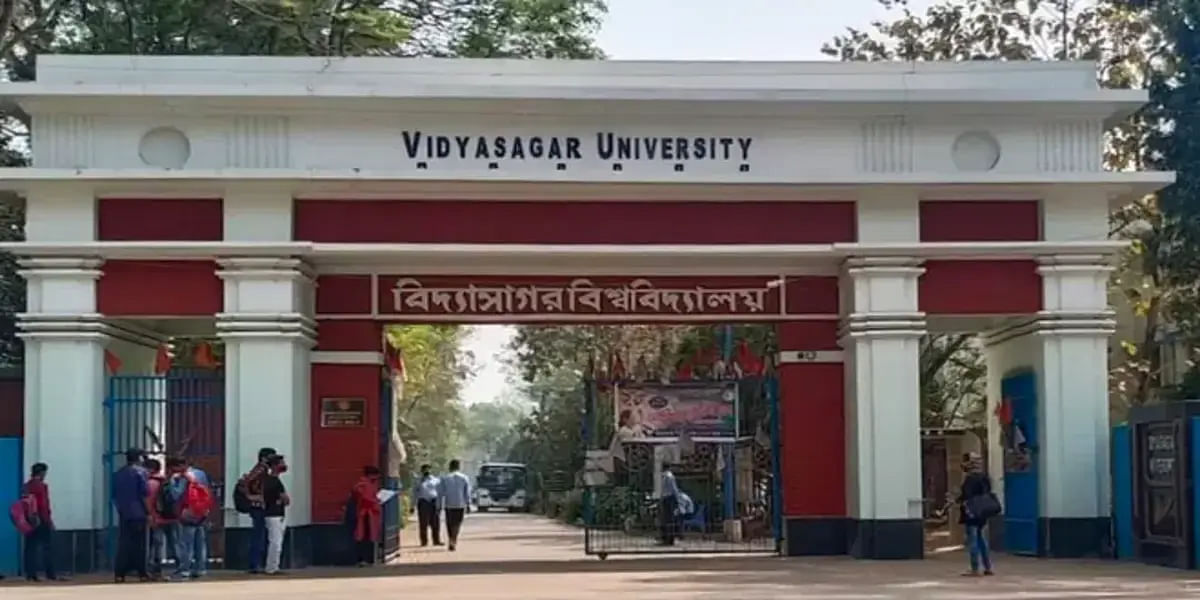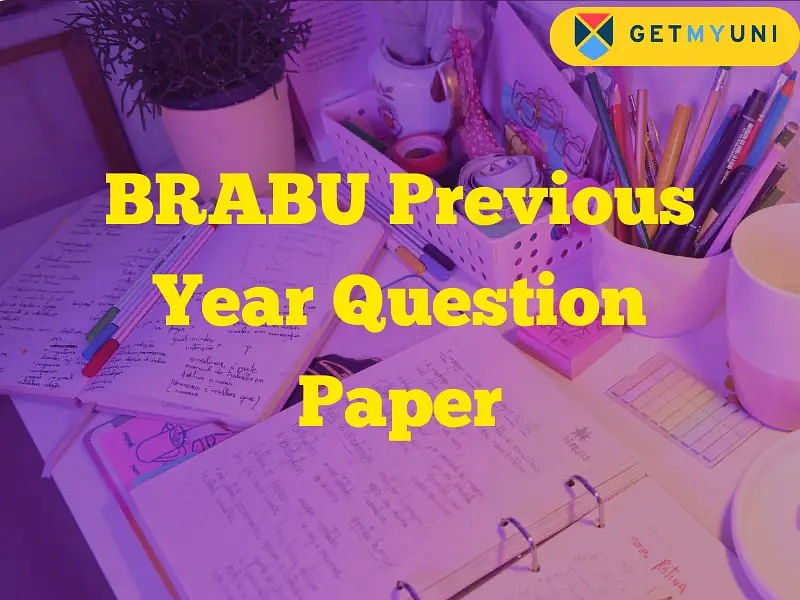As per RBI guidelines, all banks can provide education loan without collateral up to INR 7.5 lakhs. However, private banks may offer up to INR 50 lakhs without security.
Education loan is nothing but a sum of money borrowed by the students to meet the expenses associated with their studies like the cost of tuition, books, and supplies. In India, education loans are open to any Indian citizen between 16 to 35 years and enthusiastic about pursuing higher education. Education loans without collateral in India are easier to obtain than in other countries.
Education loans can be taken by means of funding, scholarships, financing, and rewards, and are granted in cash, which has to be repaid to the lender along with a rate of interest.
Top 5 Banks that Offers Educational Loan without Collateral
Many banks provide a loan without collateral for education. As per the RBI guidelines, all banks have the credential to provide education loans without collateral up to INR 7.5 lakhs with a few criteria to be met by the applicant. Private and non-banking finance corporations offer education loans for abroad studies without collateral up to INR 50 lakhs.
The following table below shows you all the banks that offer educational loans without collateral for students to avail themselves.
|
Bank |
Loan Amount Without Collateral |
Interest Rate |
|
HDFC Bank |
Up to INR 7.5 Lakh |
9.40% to 13.34% p.a. |
|
State Bank of India (SBI) |
Up to INR 7.5 Lakh |
9.30% p.a. |
|
HSBC |
Loan up to INR 5 lakhs |
6.85% p.a. |
|
Punjab and Sind Bank |
Up to INR 4 Lakhs |
10.25% to 13.25% p.a. |
|
IDBI Bank |
Up to INR 4 Lakhs |
9.30% to 9.70% p.a. |
Education Loan Eligibility
Education loans make sure that limited resources and lack of belief or possession of collateral do not get in the way of your education. But, unfortunately, it so often happens that students are forced to abandon their dreams owing to the financial obstacles and circumstances that come their way.
Education loans without collateral eliminate such circumstances and help you reach whatever career point you aim to reach, repaying your loans with ease and understanding.
Note: Visit your nearest bank for such a loan and fund your way right through college.
Study Abroad Loan Without Collateral
|
Bank Name |
Loan Amount and Collateral Required |
|
HDFC Bank |
Up to 45 lakhs & for loans up to Rs 7.5 lakh no collateral is required |
|
State Bank of India |
Up to 1.5 crore & for loans up to Rs 7.5 lakh no collateral is required |
|
HSBC |
For loans up to Rs 5 lakh, no collateral is required |
|
Punjab & Sind Bank |
Up to 20 lakhs & for loans up to Rs 4 lakh no collateral is required |
|
IDBI Bank |
Up to 20 lakhs & for loans up to Rs 4 lakh no collateral is required |
Factors to Consider Before Applying for an Educational Loan
Students' growing need and urgency to apply to premier institutes but lack the finances to do so are the concern. After the assistance scholarships tend to provide, education loans are your go-to hub for financial aid. Even the process of obtaining an education loan has been oversimplified over the past couple of years. Hence it is a more natural approach for families and individuals to avail and attain.
Given below are the factors to be considered before applying for an educational loan.
- Rate of Interest
- Waiver Period
- Margin Money
- Prepayment of Education Loan
- Education Loan for Female Students
Rate of Interest
It is available under both fixed rate of interest and floating rate of interest, which can be chosen at the borrower's convenience. The fixed rate of interest can be higher than that of the floating rate of interest, but the risk of change in interest rate according to market fluctuation doesn't come into the picture.
Waiver Period
A loan waiver is the waiving of the potential liability of the person or party who has taken out a loan by voluntary action of the person or party who has made the loan. The loan repayment does not start immediately after the student passes out. There is a waiver period given to search for a job or to establish a business. Usually, the waiver period is six months but still varies according to the terms of each bank. It is also essential to note that the interest is charged during the waiver period.
Margin Money
Margin money refers to the amount you need to pay from your fund. There will be a percentage given by the bank, which has to be arranged by the applicant, and the bank pays the remaining amount. Anyway, an education loan up to INR 4 Lakhs does not require any margin money. For loans above 4 Lakhs require a 5% margin for studies within India and 15% for studies abroad.
Prepayment of Education Loan
Most banks do not charge any fees/penalties if a borrower wants to close the loan by paying the entire loan amount in one shot. However, some banks may charge a nominal fee as per the terms and conditions. Therefore it is important to check for the prepayment conditions to avoid problems later at the prepayment stage.
Education Loan for Female Students
Intending to empower women, almost all the public sector and private banks offer lower interest rates for female students. In most cases, the concession will be about 0.50%.
What is an Education Loan Without Collateral?
In simple terms, a Collateral Education loan is a loan where the students must guarantee a property or any other financial assets to get the loan with agreed terms and conditions.
Based on collateral or guarantee, the education loans are of two types, secured loans, and unsecured loans. A secured loan is a loan backed by collateral, i.e., Financial assets, which can be used to pay the lender if you don't pay back the loan. While applying for a secured loan, the lender will ask for collateral details before sanctioning the loan on certain terms and conditions.
Collateral is an immovable property or any other asset such as FD, shares, and bonds is offered to the financier by the borrower to secure the loan. If the borrower stops repaying the loan, the bank can seize the collateral to recover the loss incurred by the bank in context with the loan provided.
An Unsecured Loan is a loan issued and supported by the borrower's creditworthiness rather than any collateral. They are sometimes also referred to as signature loans or personal loans.
Banks and financial institutions may ask for collateral to mitigate risk factors. For example, if a student fails to repay the education loan, the collateral is used towards the payment.

